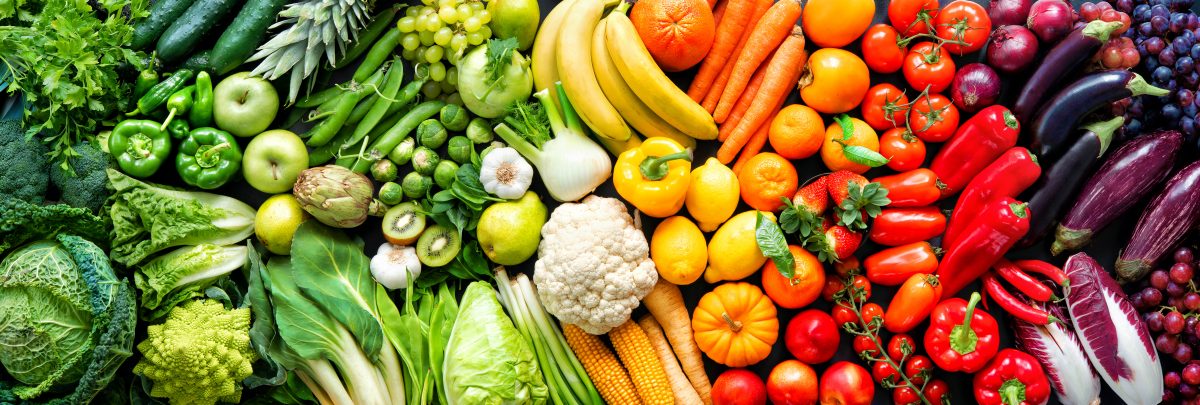New Zealand horticultural research skills are set to help the Philippines reverse a decline in the value of its fresh mango exports.
The Philippines is a major player in world mango production. But in recent years, its fresh mango exports have been downgraded in value due to violations of maximum pesticide residue limits on arrival in countries like Japan and South Korea. This has reduced the profitability of growers in the region of Mindanao.
Plant & Food Research has just signed a US$150,000 (NZ$240,000) two-year contract to help the Philippines deal with pesticide residue and compliance with other agricultural practices.
Dr Suzie Newman, Head of International Development at Plant & Food Research, signed the contract at a function at the New Zealand Embassy in Manila on Wednesday.
“The project will develop a high-quality export spray programme for mango, improve chemical application and supply chain quality assurance, and increase the pack out of high-quality mango, “ said Dr Newman.
“It’s another great example of the people and science of Plant & Food Research contributing globally by improving environmental sustainability and boosting household incomes.”
Plant & Food Research staff – Project Lead Dr Guinevere Ortiz, Dr Phil Elmer and Declan Graham – will begin work in the Philippines next week.
The contract is with the local government, Municipality of Midsayap, who are funding just over 40% of the contract value.
The balance of the funding is coming from the New Zealand Ministry of Foreign Affairs & Trade (MFAT), facilitated by New Zealand G2G, a joint partnership between MFAT and New Zealand Trade and Enterprise (NZTE). New Zealand G2G is a government-to-government organisation that serves as a trusted broker to enable other countries to leverage New Zealand’s world-leading expertise.”
A 2019 feasibility study by Plant & Food Research and NZG2G identified that fresh fruit exports were curtailed by a lack of skills, knowledge and experience among growers and local government agencies to develop and implement a comprehensive quality management programme.
The contract signed this week responds to the key issues identified in the 2019 study:
- An MRL-compliant export spray programme – validated with residue testing
- Assured export pesticide application practices – Certificate of Proficiency for operators
- A Good Agricultural Practices (GAP) aligned supplier programme – leading to certification for suppliers
- Development of an Export Mango Mark of Assurance – managed through Quality Management System (QMS) guidelines.
Source: Plant & Food Research












